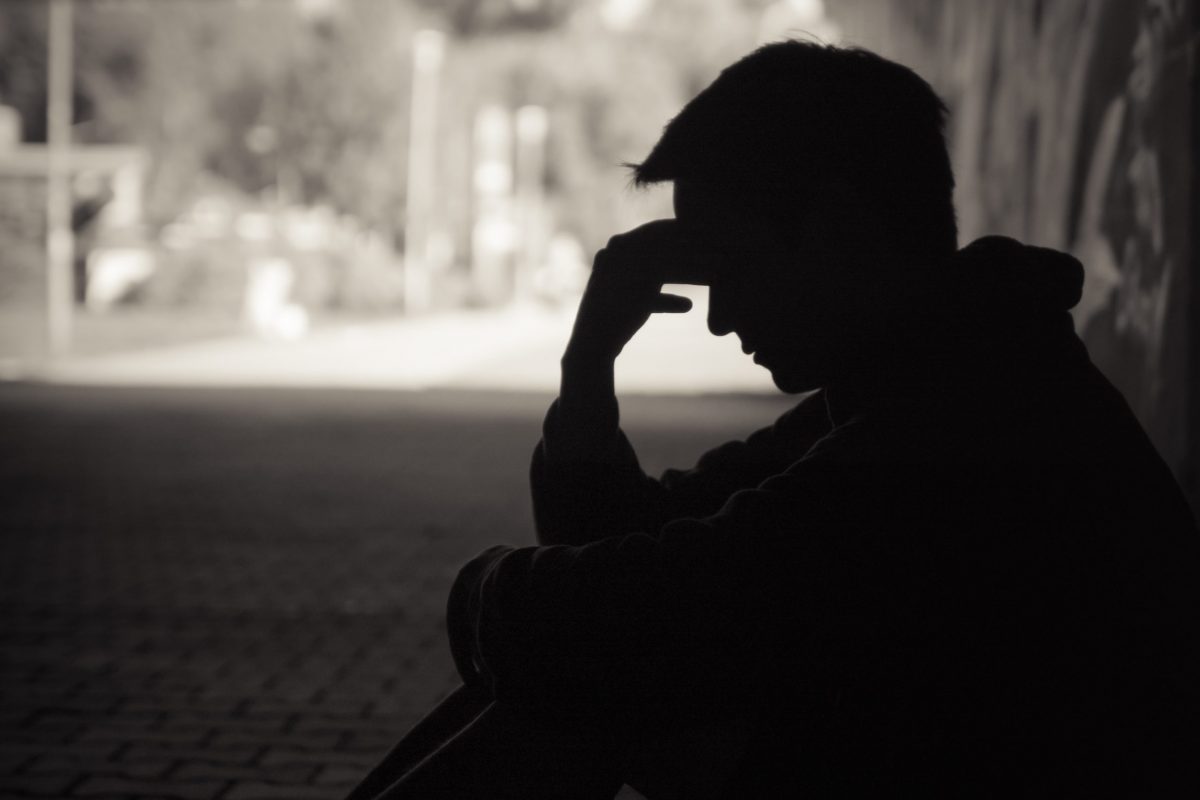Helping Children’s Mental Health
By Ashley Barnes The Current State of Children’s Mental Health. So many of us understand the deep emotional and mental toll that the pandemic and current events have created. Perhaps one of the hardest hit populations are children. Imagine moving through one of the most important periods of life where one’s social and emotional skills are critically important, where the brain is particularly malleable, only to be robbed of this crucial, enriching experience. We are merely starting to uncover the ways in which the pandemic (amongst other world events) have impacted children’s mental health. Even before the pandemic, children’s mental health struggled: According to state data, Suicide rates among Black youth doubled between 2014 and 2020. Incidents of youth deliberately causing self-harm increased 50 percent in California between 2009 and 2018, the state auditor reported. According to a CalMatters analysis of state data, between 2019 and 2020, opioid-related overdoses …






